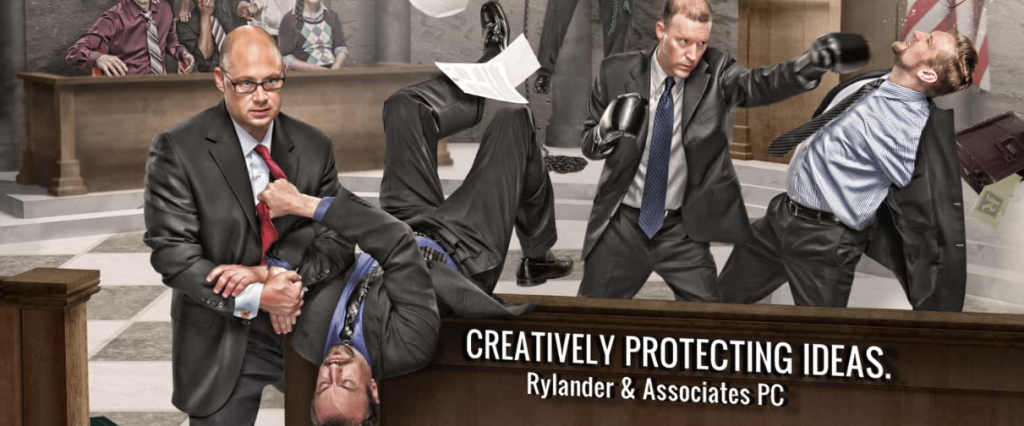by Dennis Crouch
I’m excited to share a new article I recently published examining the relationship between intellectual property rights and artificial intelligence regulation, recently published in Volume 89, Issue 3 of the Missouri Law Review. Before diving into the substance, I want to express my sincere gratitude to the Missouri Law Review editors and staff, not only for their exceptional editorial work on this article but also for their tremendous efforts in organizing our March 2024 symposium that I co-organized on “AI and Society: Government, Policy, and the Law.” The symposium brought together dozens of leading scholars to explore the pressing challenges of AI governance, and those discussions helped shape many of the ideas presented in the piece.
- Dennis Crouch, Using Intellectual Property to Regulate Artificial Intelligence, 89 MO. L. REV. 781 (2024)
The article builds on foundational work of scholars, including Amanda Levendowski, who has explored how copyright law can address AI bias, as well as Mark Lemley and Bryan Casey, whose research on “fair learning” has shaped our understanding of AI training and copyright. My article argues that we should be cautious about viewing IP as a primary regulatory tool. (more…)
